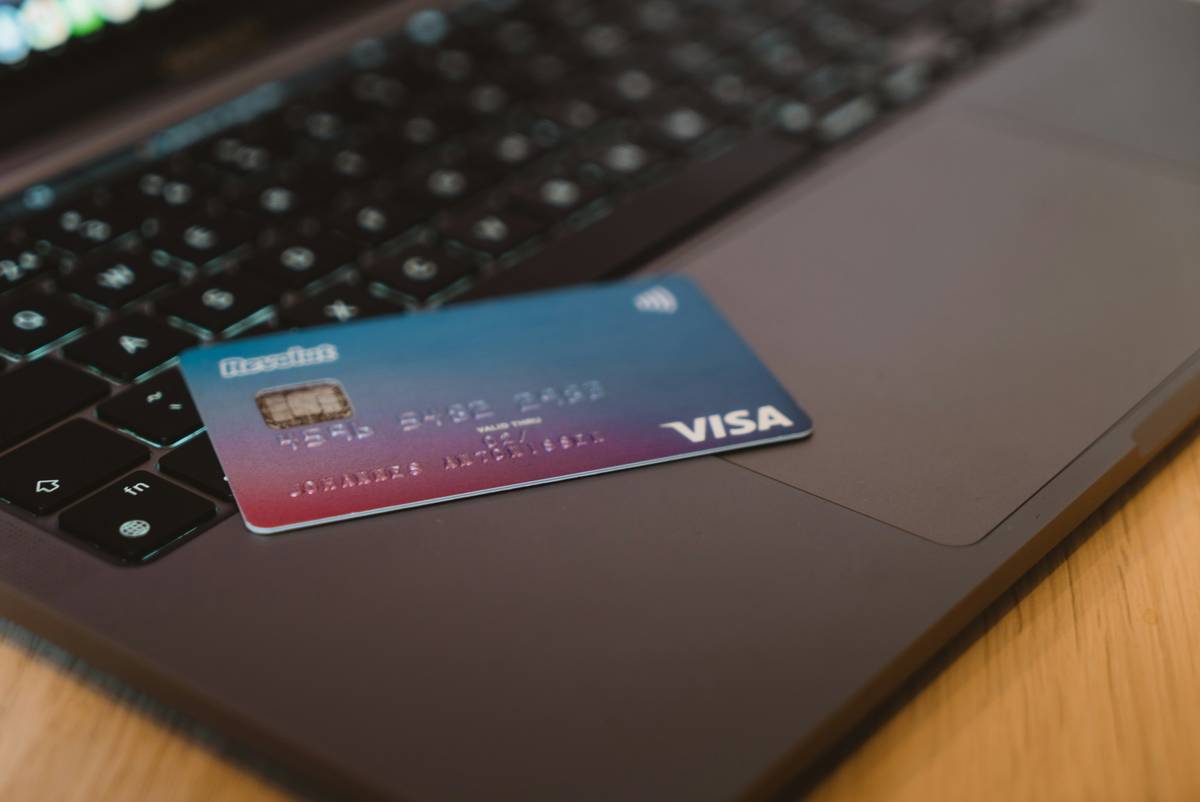Ever found yourself stuck at an airport, staring helplessly at a “Baggage Delayed” sign? Now imagine this—what if your credit card could save you from the financial headache that follows? Airline partnerships are more than just fancy perks; they can be game-changers when it comes to getting the most out of baggage insurance. In this blog post, you’ll learn how these alliances work, why they matter, and how to maximize their benefits (without pulling your hair out). Let’s dive in!
Table of Contents
- Key Takeaways
- Why Airline Partnerships Matter for Baggage Insurance
- How to Leverage Airline Partnerships for Maximum Benefit
- Top Tips for Combining Credit Cards and Baggage Insurance
- Real-Life Success Stories
- Frequently Asked Questions About Airline Partnerships
Key Takeaways
- Airline partnerships linked with credit cards often include baggage insurance perks.
- Maximizing these benefits requires understanding both the airline’s policies and your credit card terms.
- Not all partnerships are created equal—some offer minimal coverage while others provide comprehensive protection.
- Knowing which questions to ask before booking can save you time, money, and stress.
- Always check exclusions or limitations on claims related to baggage delays or losses.
Why Airline Partnerships Matter for Baggage Insurance
Picture this: You’re traveling abroad for that dream vacation when disaster strikes—your luggage goes missing. No clothes, no toiletries, no essentials. And guess what? Most basic travel insurances don’t cover everything. That’s where airline partnerships step in as your unsung heroes.
Airline partnerships with major credit card companies have quietly revolutionized personal finance by bundling services like baggage insurance directly into rewards programs. For instance, American Express partnered with Delta Airlines to offer cardholders automatic baggage delay coverage up to $125 per day for up to four days. But here’s the kicker—not everyone knows about these hidden gems.

Let me confess something embarrassing—I once booked a flight without checking my card’s partnership perks. I ended up paying hundreds for emergency supplies after my bag didn’t show up. Lesson learned? Always double-check your wallet before swiping that card.
How to Leverage Airline Partnerships for Maximum Benefit
- Research Your Card’s Benefits: Every credit card has fine print detailing its relationship with specific airlines. Go straight to the source—the issuer’s website—for accurate info.
- Know the Rules: Not all airline partnerships treat baggage insurance equally. Some require you to book directly through their portal; others only apply during peak seasons.
- File Claims ASAP: If your bag gets delayed or lost, document everything immediately. Snap photos, keep receipts, and file within the required timeframe (usually 20–30 days).
- Contact Customer Support: Don’t shy away from calling customer service. They’re there to help clarify confusing policies or assist with claim submissions.
- Double Up When Possible: If you already have standalone travel insurance, combining it with airline partnership perks creates an unbeatable safety net.
Top Tips for Combining Credit Cards and Baggage Insurance
- Use Co-Branded Cards: These usually come with enhanced baggage protection tailored to certain airlines.
- Track Exclusions Carefully: Items like jewelry, electronics, and antiques may not always be covered.
- Combine Points Wisely: Use frequent flyer miles alongside baggage insurance perks for added value.
- Stay Updated: Policies change frequently, so bookmark relevant webpages for quick reference.
- Don’t Overlook Regional Airlines: Smaller carriers often partner with niche card providers, offering unique deals.
Real-Life Success Stories
Meet Sarah, a freelance photographer who relies heavily on equipment flown across continents. She uses a Chase Sapphire Reserve card tied to United Airlines’ MileagePlus program. During one trip, her checked gear was delayed by three days. Thanks to her card’s baggage insurance policy, she received $300 daily compensation, covering rental cameras until hers arrived. Total reimbursed? $900—a lifesaver for her business.
On the flip side, John learned the hard way. Despite holding multiple premium cards, he failed to read the fine print regarding pre-paid tickets. His baggage delay claim was denied because his ticket wasn’t purchased directly via the partner airline’s site. Pro tip: Always follow the guidelines down to the letter.
Frequently Asked Questions About Airline Partnerships
What exactly is baggage insurance?
It covers expenses incurred due to delayed, damaged, or lost luggage during air travel. Coverage varies based on your credit card and airline partnership.
Do I need separate travel insurance if my card offers baggage coverage?
While credit card baggage insurance provides solid protection, standalone policies might fill gaps, such as higher reimbursement limits or broader item categories.
Can I stack multiple baggage insurance policies?
Yes, but beware of overlapping clauses. Some insurers cap total payouts regardless of how many policies you hold.
Which credit cards offer the best baggage insurance via airline partnerships?
Popular options include Chase Sapphire Preferred, American Express Gold Card, and Citi Premier® Card.
Is it worth filing small claims under baggage insurance?
Yes, even minor reimbursements add up. Plus, documenting incidents helps build a paper trail for future issues.
Conclusion
In conclusion, airline partnerships and baggage insurance go hand-in-hand like peanut butter and jelly—it’s a match made in heaven for savvy travelers. By leveraging these alliances effectively, you’ll never dread lost luggage again. Remember, though: Stay informed, stay proactive, and always carry backup underwear in your carry-on (just saying). Thanks for reading!
“Like finding Wi-Fi at 35,000 feet—sometimes unexpected perks make life better.”


